Help Us Build a Forever Home for Wildlife!
Pacific Wildlife Care is thrilled to announce our plans for a new, permanent home in San Luis Obispo. Located on a beautiful 10-acre property, the Kim and Derrel Ridenour Wildlife Rehabilitation Center will enable us to better serve our community’s wildlife. Our comprehensive goal of $11.5 million will secure funding needed for the construction of this transformational project and create a sustainable future for PWC. Thanks to the generosity of our supporters, we’ve raised $5.7 million towards the $7 million needed for initial planning and construction needs. Additionally we have raised $3.8 million in legacy gifts to help create a sustainable future for PWC.
With construction starting in early 2025, your support is vital. Donate today to help us create a brighter future for wildlife in San Luis Obispo County.
Behind the Scenes at PWC
Pacific Wildlife Care (PWC) has been an advocate for wildlife in San Luis Obispo County since 1984.
From that time we have grown from a small group of dedicated home rehabilitators into a successful non-profit organization with a well-equipped rehabilitation center, a full-time wildlife veterinarian, a small paid staff, and nearly 200 volunteers. In addition to the Rehabilitation Center, which is open every day of the year, we maintain a Wildlife Hotline that the public can call to report distressed wildlife (injured, sick, orphaned) and to receive information about our local wildlife.
The Latest from PWC
Pacific Wildlife Care News

What Happened with Those Baby Bats?
A small cadre of PWC staff and volunteers gained a new level of appreciation for bats this summer, when they […]

Red-tailed Hawk 24-1516: The Final Chapter
The multi-episode saga of RTHA 24-1516 had all the dangers and plot twists of a summer blockbuster. The nestling hawk […]
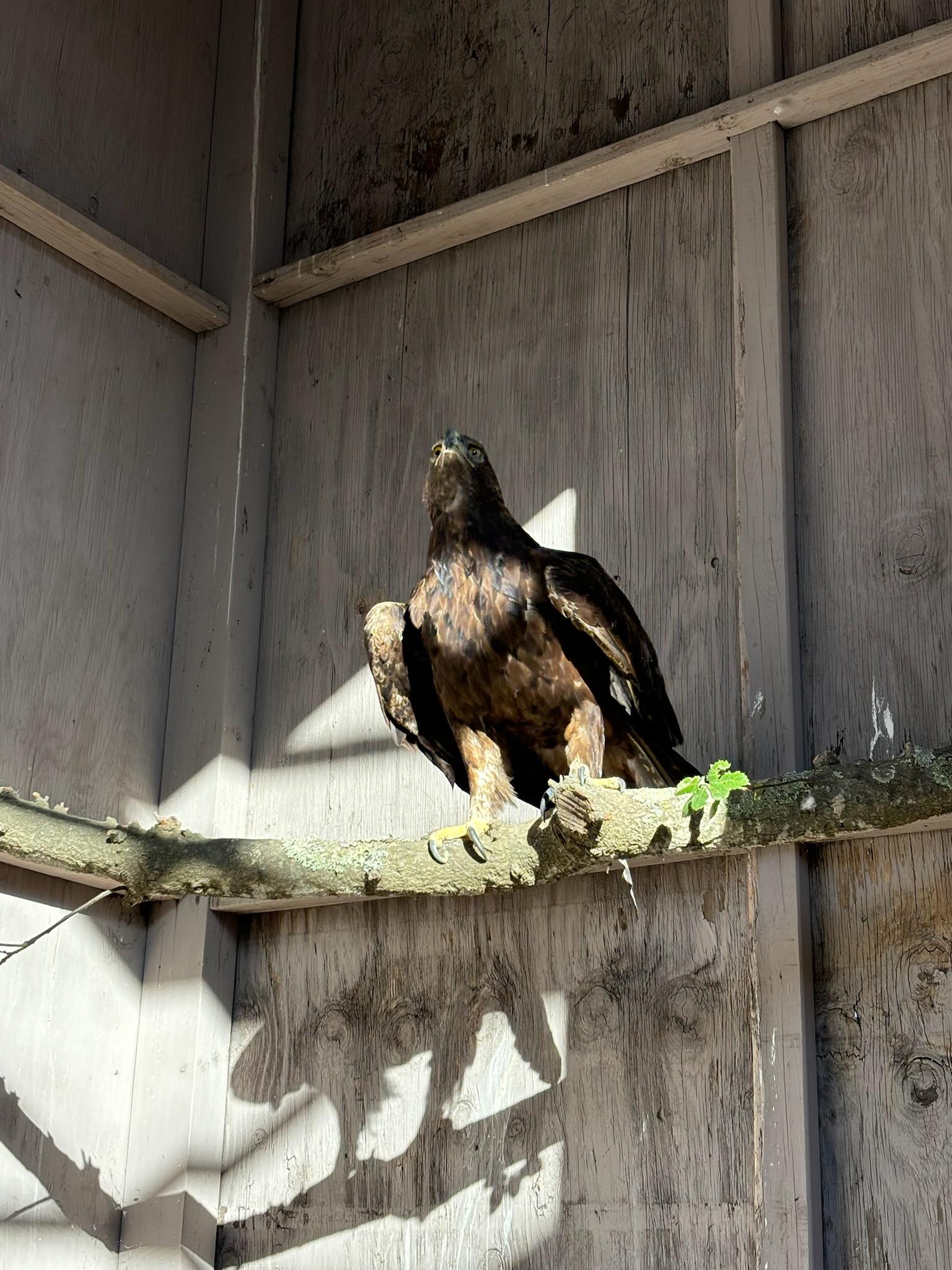
Golden Eagle 24-1834: The Mystery and Challenges of a Very Large Bird
The story of Golden Eagle 24-1834 was a medical mystery full of clues, detective work, challenges, and one red herring. […]
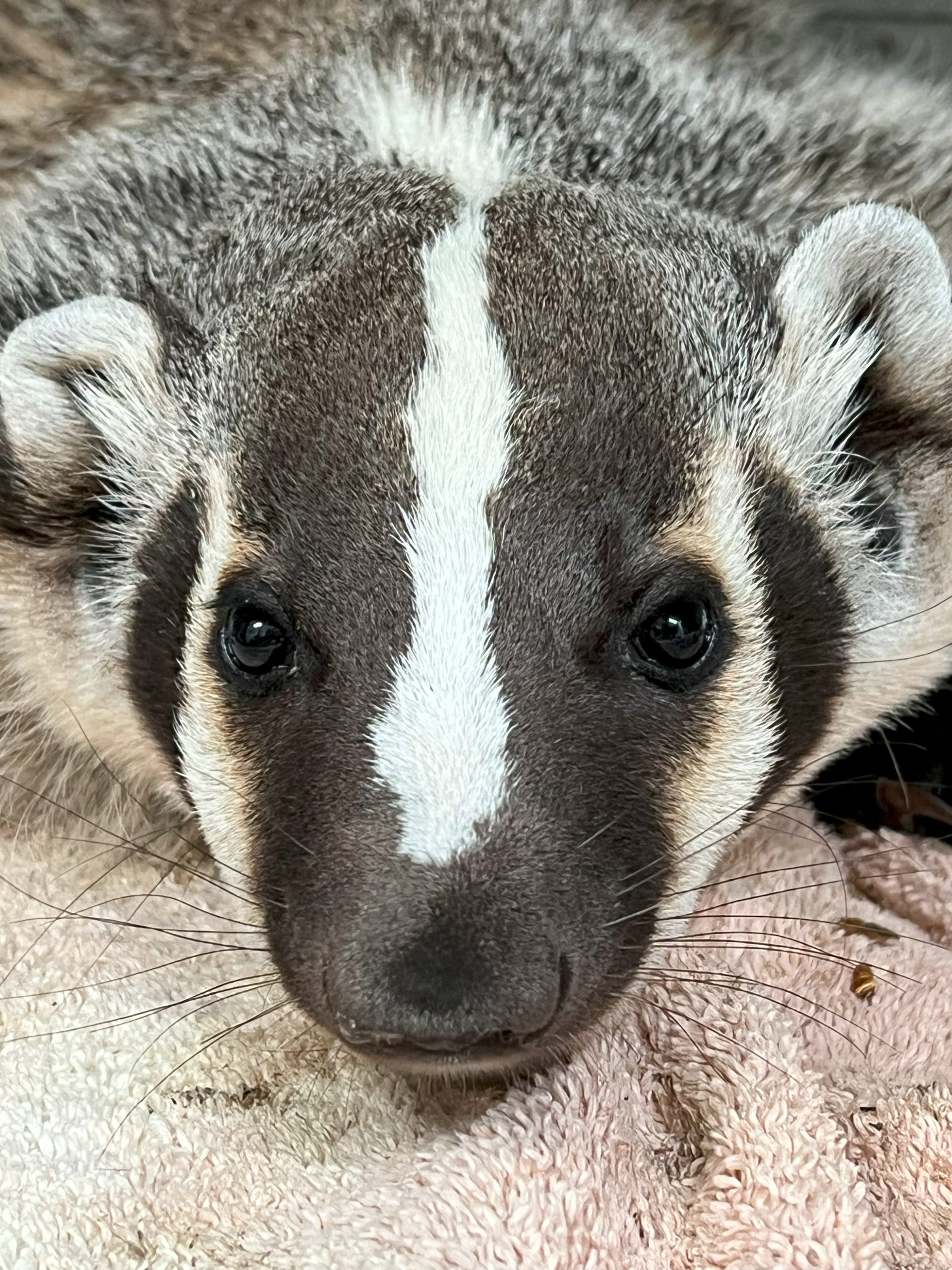
A Very Good Badger
“Charming” is not a word used in wildlife rehabilitation, but everyone was secretly charmed by American Badger 24-936. More precisely, […]
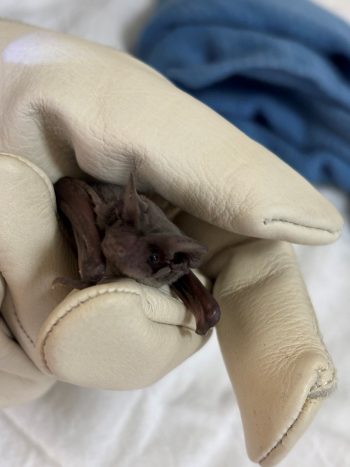
The Summer of Baby Bats
In the sweltering July heat, baby Mexican Free-tailed Bats dropped to the ground like unripe fruit. These tiny mammals need […]
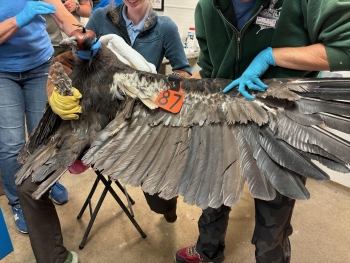
A First for PWC!
On Friday, July 26th a California Department of Fish and Wildlife Services biologist brought an endangered California Condor into PWC’s […]
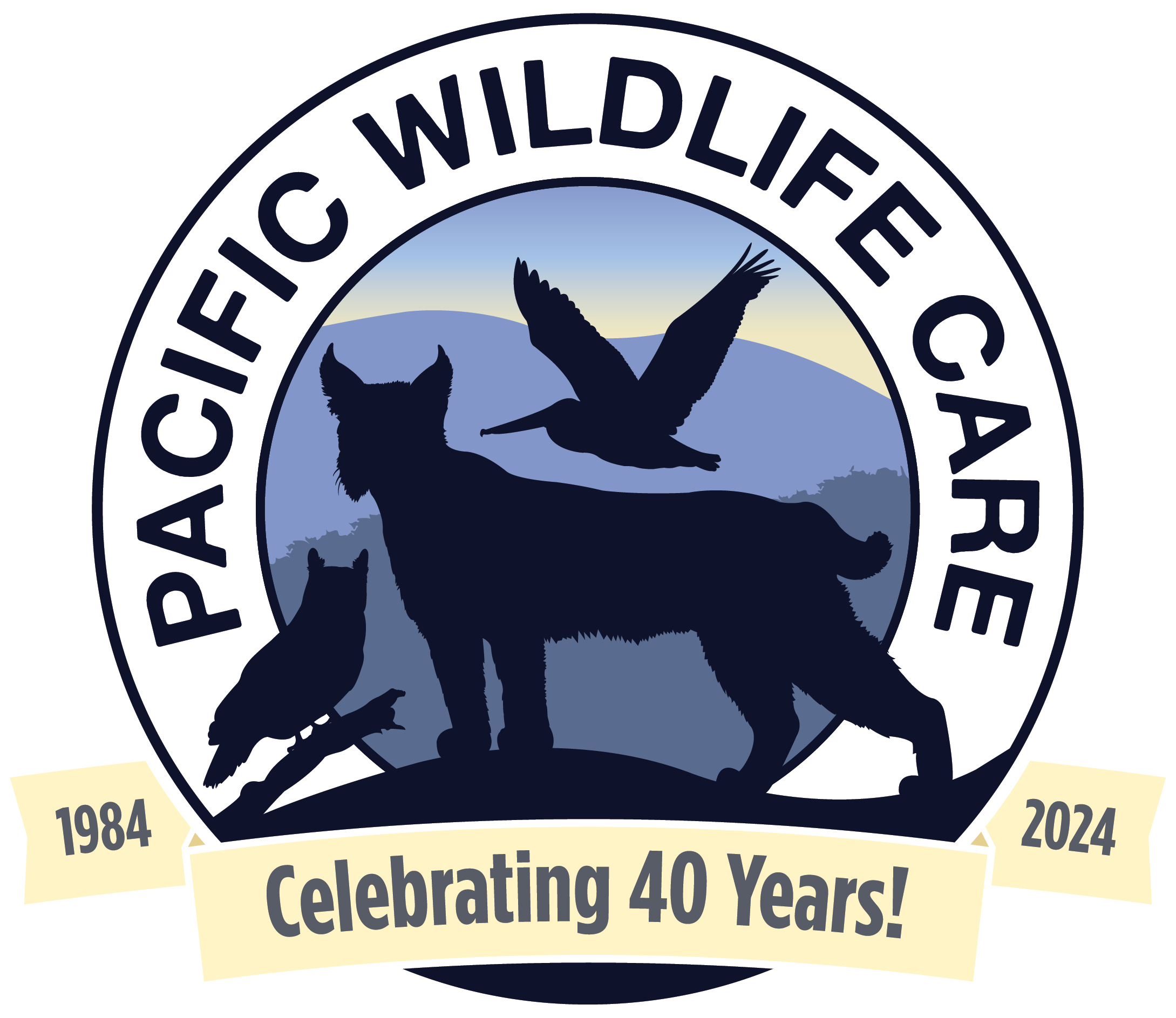






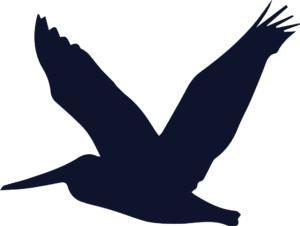
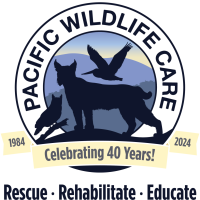
Facebook Posts
Animals like vultures, bats, opossums, raccoons, skunks, and coyotes often have a bad reputation, but they play vital roles in keeping ecosystems healthy! From controlling pests to cleaning up the environment, they are nature’s unsung heroes 🌿
Coexist peacefully with these misunderstood neighbors by:
🌟 Securing trash cans and outdoor food storage
🌟 Bringing pet food inside at night
🌟 Securing chicken coops and livestock feed
🌟 Keeping cats indoors
Remember, trapping wildlife is not only inhumane but also ineffective. Let’s work together to live in harmony with our wild neighbors!
#CoexistWithWildlife #WildlifeConservation #KeepWildlifeWild ... See MoreSee Less
📣 If you plan to trim trees or prune hedges, now’s the time to do it!
Get your trimming done this month before spring nesting season ramps up. While most animals in our area nest in the spring and summer, there are some who may nest in the winter—Anna’s Hummingbirds can begin nesting as early as December! Always check for wildlife before you trim – they can be exceptionally camouflaged! If you find an active nest, stop trimming and do not disturb the nest until the young have left (it is illegal to move or destroy a nest). The good news is that baby birds grow up quickly so you won’t have to wait long! If you ever see someone disturbing an active nest, call CALTIP (888) 334-2258, the CA Department of Fish & Wildlife confidential enforcement tip line.
Thank you for trimming trees now to minimize disturbance during the primary nesting season 🪺
📷 Anna’s Hummingbird nestling brought to our center last spring after falling from its nest. After a month in care, once it was old enough to survive on its own, it was released!
#TreeTrimming #Wildlife #CaliforniaWildlife #ProtectWildlife ... See MoreSee Less
The Morro Bay Bird Festival is this weekend!
Come Meet the Raptors—join us this Saturday, January 18th, at the Morro Bay Veterans Memorial Building for either of our two FREE sessions:
✨ 1:30–2:30 PM
✨ 3:00–4:00 PM
No registration required, bring your friends and family! For more info and a full lineup of all the exciting events visit morrobaybirdfestival.org
We can’t wait to see you there!
#MorroBayBirdFestival #MeettheRaptors #PacificWildlifeCare #EducationAmbassadors #SLOCountyEvents #WildlifeEducation ... See MoreSee Less
Our hearts are with everyone impacted by the wildfires in Southern California. These fires remind us of the profound challenges faced by people and wildlife during these disasters.
Wild animals are incredibly resilient, but wildfires can leave them injured or displaced. If you come across wildlife in distress, please reach out to your local wildlife rehab organization for assistance. Our friends at the California Wildlife Center are currently evacuated—you can visit ahnow.org to find the nearest rehab facility in your area.
Here are ways you can support wildlife during wildfires in your area:
➡️ Keep pets indoors and away from areas where wildlife may be fleeing
➡️ Avoid interfering with wildlife unless clearly injured
➡️ Leave dishes of water out to help wildlife during these extreme conditions
We are keeping our neighboring wildlife rehabilitation centers, evacuees, and first responders in our thoughts. Stay safe ♥️ ... See MoreSee Less